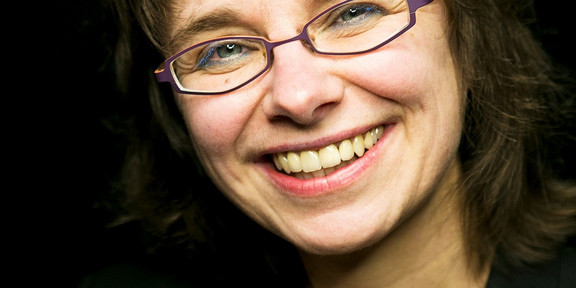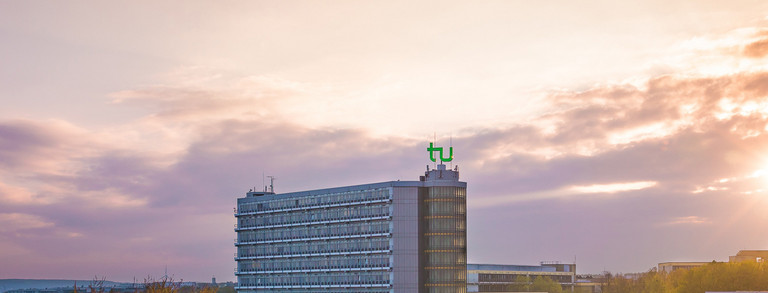2020
Three questions to the founding dean

Congratulations on your new position, Ms. Burzan: You are a recently appointed Dean of the new Faculty of Social Sciences. How was the foundation of the seventeenth Faculty made possible in times when students are not allowed to enter the TU Dortmund University buildings and the university's staff work or are on standby in the home office as much as possible?
The Rectorate presented the idea of founding a faculty in October 2019 and then decided at the end of January 2020. So we had a certain amount of time until the official foundation, during which the professors involved developed initial ideas at a closed meeting, for example, on the planned degree programme in Sociology, the new professorships and much more. Our research groups can now also continue to work in digital form. In addition, there is a group in the administration that supports the founding of the faculty very well, especially in these difficult times.
As long as there is no faculty council, there are many people involved from different areas who are now getting things moving. Like all other faculties, we will elect the Faculty Council in June. We have already developed a faculty logo, which can also be seen on our new homepage. And we will continue to do so until we are a "normal" faculty with elected committees as soon as possible - as long as one can speak of normality at the moment. In the summer semester, we will be offering teaching in the degree programmes in which we are currently integrated; and we will probably first contact students in digital form.
What makes the new faculty stand out?
On the one hand, the new faculty brings together sociological fields which, together with the traditional social research centre sfs, cover a wide range of analysis and reflection on central fields of social change. These include, for example, aspects of work, technology and social innovation, but also life in ageing societies in the context of complex social inequalities - depending on class, gender and ethnic origin. Such topics offer the opportunity to look at both more fundamental phenomena - such as the conditions and effects of digitised work - and to examine very topical issues. A concrete topic is, for example, how older people deal with the restriction of contact due to the danger of viruses. The faculty not only offers a wide range of topics, but also theoretical and methodological approaches, which is certainly a clear profile feature of the faculty.
On the other hand, three professorships of the Institute for Didactics of Integrative Subjects belong to the faculty, which, among other things, provide the expertise for the social science teacher training programmes. Together, we are already strong in research and expect the merger as a faculty to open up further potential and increase our visibility as a location.
What perspectives do you see for the faculty?
One perspective concerns the promotion of young researchers: With an additional undergraduate degree programme in Sociology, we will be able to interlink research and teaching even better. We can offer an interesting range of courses with international elements and thus also better promote young academics.
Other perspectives naturally focus on research. Sociology - for which, as a sociologist, I can best exemplify this - is a science of reflection. It not only investigates short-term solutions to social problems, but also takes a step back and reflects on the values or power relations associated with certain processes, strategies and modes of action, for example. These may relate to migration or climate change, for example. This knowledge for reflection is becoming increasingly important - in society, but also in interdisciplinary research contexts. We will use our faculty status to make our strength in these research areas more visible. In addition to existing collaborations, we will work with new partners internally, in the region, but also internationally.
About the person
Prof. Nicole Burzan was appointed to the TU Dortmund University in 2007. She holds the Chair of Sociology with a focus on social inequalities. Prior to this, she was a research assistant and junior professor at the FernUniversität in Hagen. Her work at the TU Dortmund University focuses on social inequalities from a cultural-sociological perspective (e.g. status reproduction in the middle class, inequality aspects in museums, Sociology of Time) and methodological linkages in empirical research. From 2017 to 2019 she was chairperson of the German Sociological Association (DGS). Since April 2020 she has been founding dean of the new Faculty of Social Sciences at the TU Dortmund University.




